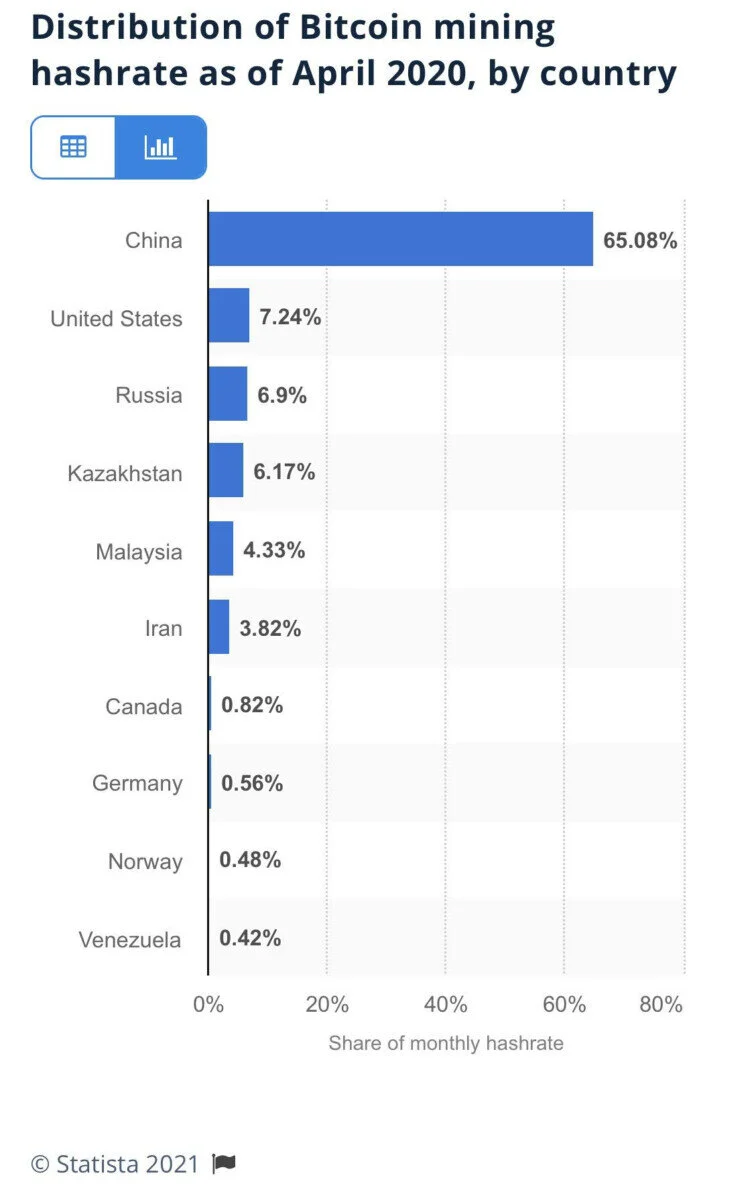Tuesday morning news drop after a long weekend
The Economy Is Booming. Why Don’t Firms Believe It? Rather than an economic crash during the pandemic, we have instead seen aging supply lines straining under a surge in demand, the likes of which hasn’t been seen for decades. Whether in lumber, shipping, semiconductors, or any of a range of industries, this has been a fascinating through-line (Bloomberg)
Houses Have Gotten Bigger and Nicer Part of the unaffordability problem is that expectations have gotten ahead of reality. Houses were more affordable for our parents because the ones they were buying bare little resemblance to the ones we’re buying. (Irrelevant Investor)
Did HGTV Ruin the Housing Market For Millennials? First-time homebuyers aren’t thrilled with the housing market at the moment. It’s not a buyer’s market despite (or because?) Interest rates remain at generationally low levels. What if young people are unhappy with the housing market because their expectations are too high? What if our tastes have become too expensive? (A Wealth of Common Sense)
How McKinsey Destroyed the Middle Class Technocratic management, no matter how brilliant, cannot unwind structural inequalities. Things changed in the 1960s, with McKinsey leading the way (The Atlantic)
Many Americans struggle with debt. Social media doesn’t help. Instagram and TikTok are full of things to buy. For some users, it’s a trap, with social media leading some users into debt (Vox)
Can Horse Racing Survive? In a time of changing sensitivities, an ancient sport struggles to justify itself. Thoroughbred racing, once the most popular spectator sport in America, has been in decline. In the past two decades, the over-all national betting handle at racetracks has fallen by nearly fifty per cent. Dozens of tracks have closed. Racing is still a fifteen-billion-dollar industry, but the number of races and the size of the thoroughbred-foal crop are less than half what they were in 1990. (New Yorker)
All hail King Pokémon! Gary Haase has amassed the world’s most expensive Pokémon card collection, valued at over $10 million. So why isn’t he cashing in? (Input)
How the Pandemic Has Changed Attitudes Toward Wealth Americans found that money cannot buy everything, and they used their wealth to build relationships and help others, according to two recent surveys. (New York Times)
Stages of Grief: What the pandemic has done to the arts The pandemic has been devastating for the arts economy. Live events were the first things to stop, and they will be the last to return. That means musicians, actors, and dancers, plus all the people who enable them to take the stage—playwrights and choreographers, directors and conductors, lighting designers and makeup artists, roadies, ushers, ticket takers, theater managers—have no way to make a living from their work, and haven’t for more than a year. (Harper’s Magazine)
The Fall of the House of Gates? Fully reckoning with Bill Gates means not just focusing on how he treats women—vital as that is—but also confronting our own deep-seated worship of wealth and hardwired belief in hero narratives. (The Nation)
Ford’s F-150 Lightning Is Winning the EV Truck War for One Simple Reason This is a case of the early bird getting the worm, but not in the way you might expect. While other automakers may beat Ford to the starting line, Ford is set to beat everyone else to market with an electric truck that’s accessible, affordable and enticing to America’s gas-loving truck owners — and there are a heck of a lot of them. (Inside Hook)
Inside the Rise and Fall (and Rise and Fall) of Shit Coins Welcome to the era of “pump and dump,” where investors bummed about missing out on getting rich with Bitcoin are being taken for rides by online jokesters pushing tokens with nonsensical names and no clear value. (Vanity Fair)
Why Amazon is paying $9 billion for MGM and James Bond Amazon isn’t competing with Netflix, but it is spending billions trying to figure out Hollywood. Maybe 007 can help. (Recode)
Ethereum Closes In on Long-Sought Fix to Cut Energy Use Over 99% Shift could boost Ether as Bitcoin’s environmental rap worsens; ETH’s 45,000 gigawatt usage may fall to 1/10,000th of that. (Bloomberg)
